Fermented foods have been consumed for centuries across cultures, not only for their unique flavors but also for their incredible health benefits. These food undergo fermentation which produces probiotics—beneficial bacteria that support gut health and strengthen the immune system. Studies have shown that maintaining a healthy gut can boost overall wellness, aid digestion, and even improve mood. Here are some of the fermented foods that you should try.
Contents
- 1 Sauerkraut
- 2 Kimchi
- 3 Kefir
- 4 Miso
- 5 Tempeh
- 6 Yogurt
- 7 Kombucha
- 8 Pickles (Fermented)
- 9 Natto
- 10 Kvass
- 11 Sourdough Bread
- 12 Lassi
- 13 Fermented Carrots
- 14 Apple Cider Vinegar (Raw, Unfiltered)
- 15 Fermented Garlic
- 16 More From RetailShout
- 17 14 Creative and Healthy Lunches Your Kids Will Look Forward To
- 18 14 Iced Tea Brands That Stand Out from the Rest
Sauerkraut
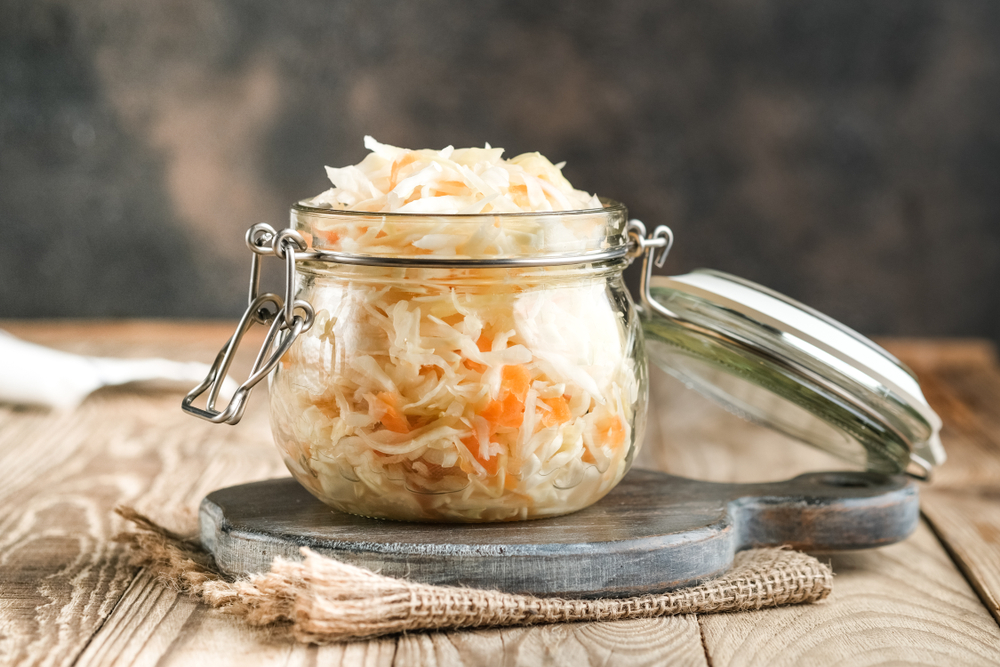
Sauerkraut is a popular fermented cabbage dish known for its probiotic benefits. The fermentation process produces beneficial bacteria, such as Lactobacillus, which promote gut health by improving digestion and supporting a balanced microbiome. It’s also a rich source of vitamin C, which can boost immunity. Including sauerkraut in your diet can enhance your body’s natural defenses, thanks to its antioxidants. Adding it to sandwiches or salads is a simple way to incorporate it into meals.
Kimchi
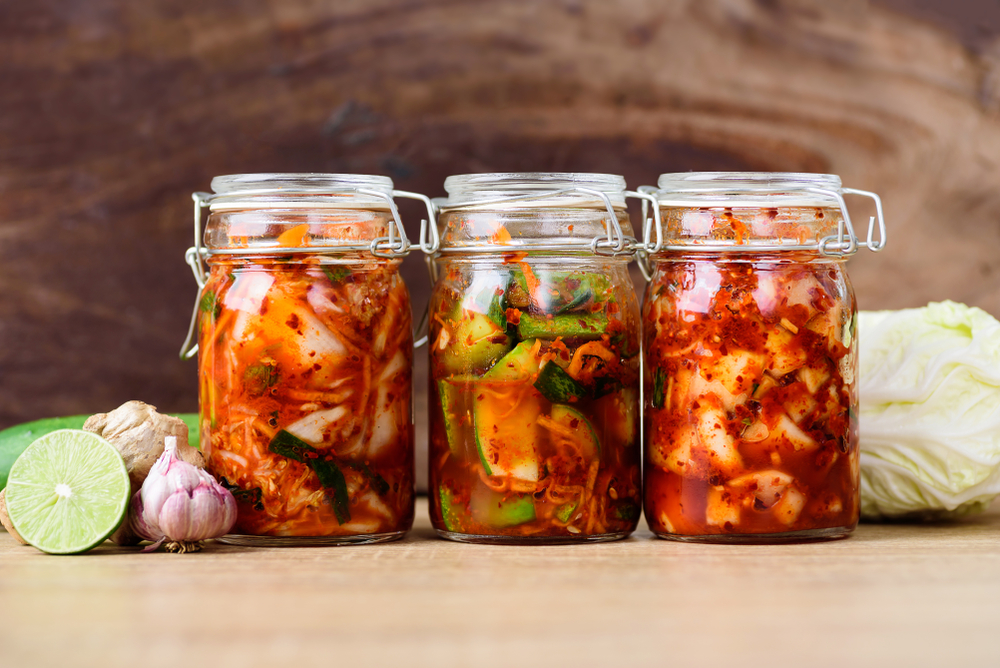
Kimchi, a staple in Korean cuisine, is made from fermented vegetables, most commonly cabbage and radishes. This spicy dish is loaded with probiotics that aid in digestion and improve gut flora. It’s also high in vitamins A and C, which are essential for a strong immune system. The fermentation process increases its antioxidant levels, making it a great food for overall health. Kimchi can be enjoyed as a side dish or mixed into rice and stir-fry for added flavor.
Kefir
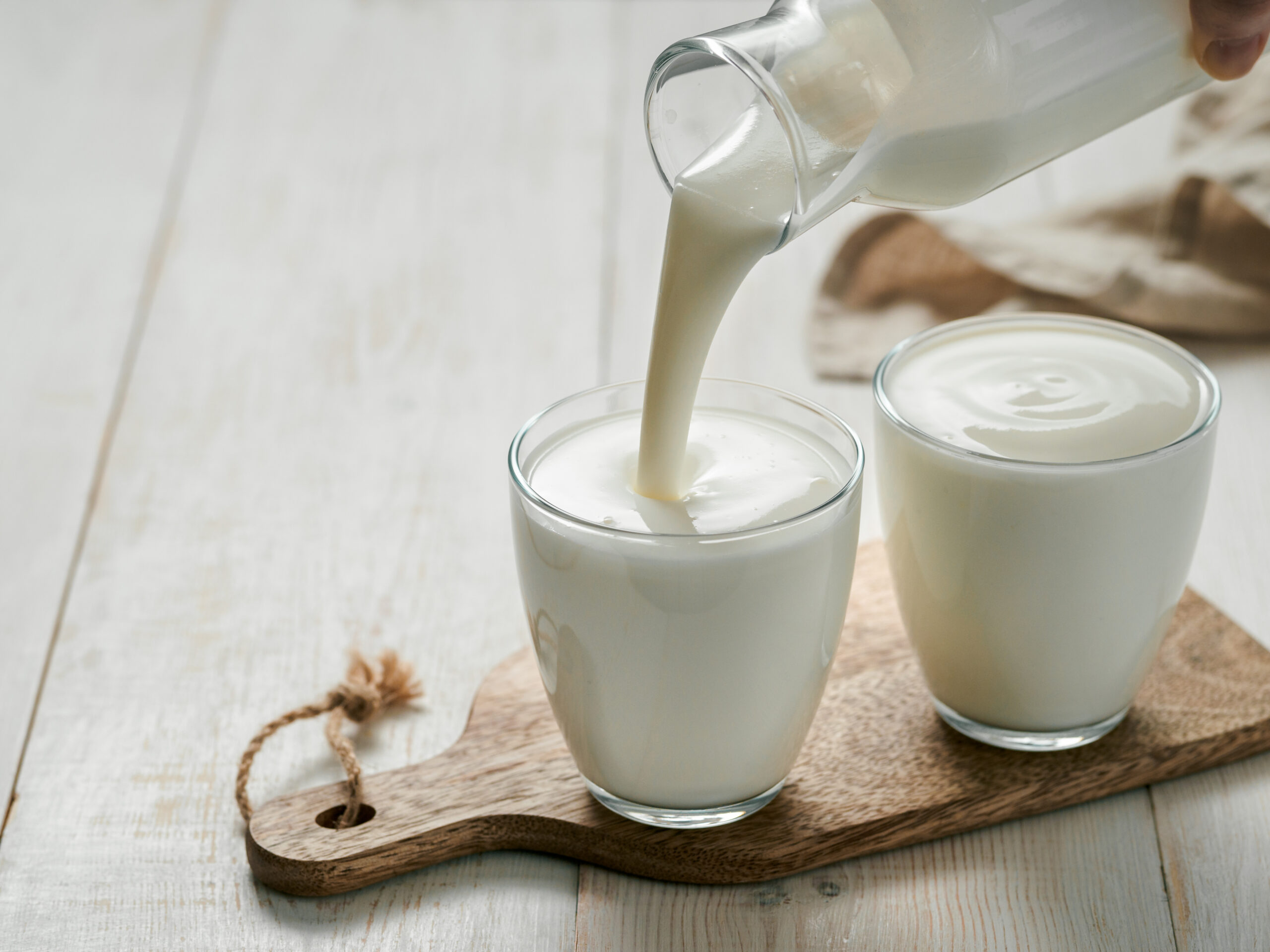
Kefir is a fermented dairy drink similar to yogurt but with a thinner consistency and more diverse probiotic content. It contains multiple strains of bacteria and yeast, which help to promote gut health and digestion. Kefir is also rich in calcium, protein, and vitamin D, which support immune function and bone health. Drinking kefir regularly can help replenish your gut’s beneficial bacteria, especially after a course of antibiotics. You can enjoy it on its own or mix it into smoothies for a nutritious boost.
Miso
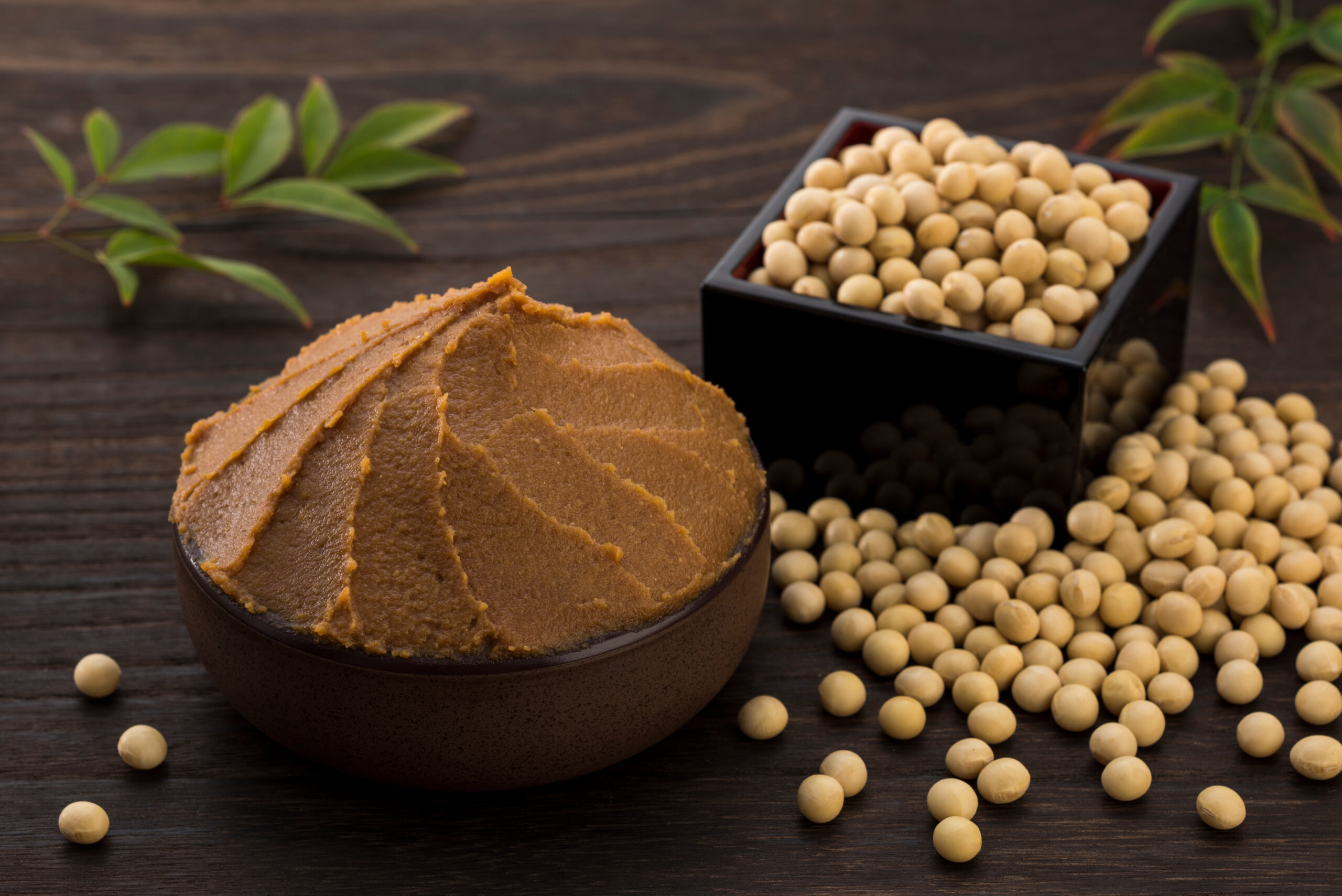
Miso is a fermented soybean paste commonly used in Japanese cuisine, especially in soups. It’s packed with probiotics that help to balance gut flora and aid in digestion. Miso also contains essential nutrients like zinc, manganese, and copper, which support immune function. Because it’s fermented, miso is easier to digest than unfermented soy products. Adding miso to broths, marinades, or salad dressings is a flavorful way to enjoy its health benefits.
Tempeh
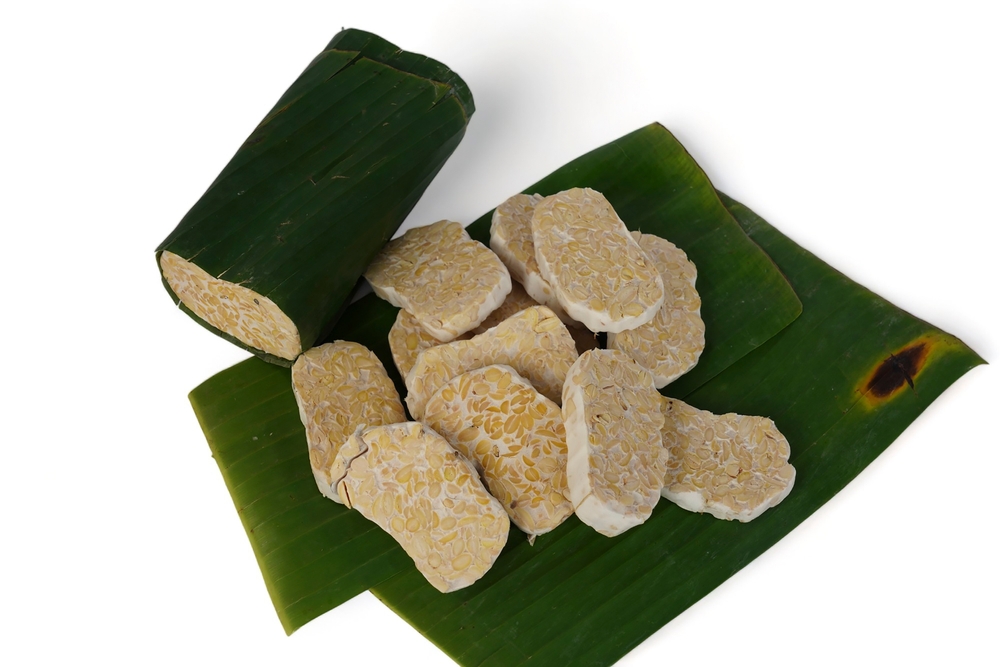
Tempeh is a fermented soybean product with a firm texture, often used as a plant-based protein source. The fermentation process increases the bioavailability of nutrients, making tempeh easier to digest than non-fermented soy. It’s rich in probiotics, which are crucial for gut health, and provides a good amount of protein, iron, and magnesium. Tempeh also contains antioxidants that support immune health. Try adding it to stir-fries, salads, or sandwiches for a nutrient boost.
Yogurt

Yogurt, especially the unsweetened and probiotic-rich varieties, is one of the best-known fermented foods. It contains live cultures of bacteria like Lactobacillus and Bifidobacterium, which help maintain a healthy gut environment. These probiotics aid in digestion, support nutrient absorption, and bolster the immune system. Yogurt is also a good source of calcium, protein, and vitamin D, which are important for bone and immune health. Enjoy yogurt as a snack or use it in smoothies and dips.
Kombucha

Kombucha is a fermented tea drink made from black or green tea and a symbiotic culture of bacteria and yeast (SCOBY). The fermentation process produces probiotics, which contribute to improved digestion and gut health. Kombucha is also rich in antioxidants and B vitamins, supporting immune function and detoxification. Regular consumption can aid in balancing the gut microbiome and promoting better overall wellness. It’s a refreshing alternative to sugary drinks and can be found in various flavors.
Pickles (Fermented)

While not all pickles are fermented, naturally fermented pickles made with brine (saltwater) are an excellent source of probiotics. The fermentation process encourages the growth of beneficial bacteria that promote a healthy gut. Pickles also provide vitamins and antioxidants that help boost immunity. They are low in calories and can make a tasty addition to sandwiches or salads. Ensure you choose pickles labeled as fermented or those found in the refrigerated section for maximum probiotic benefits.
Natto
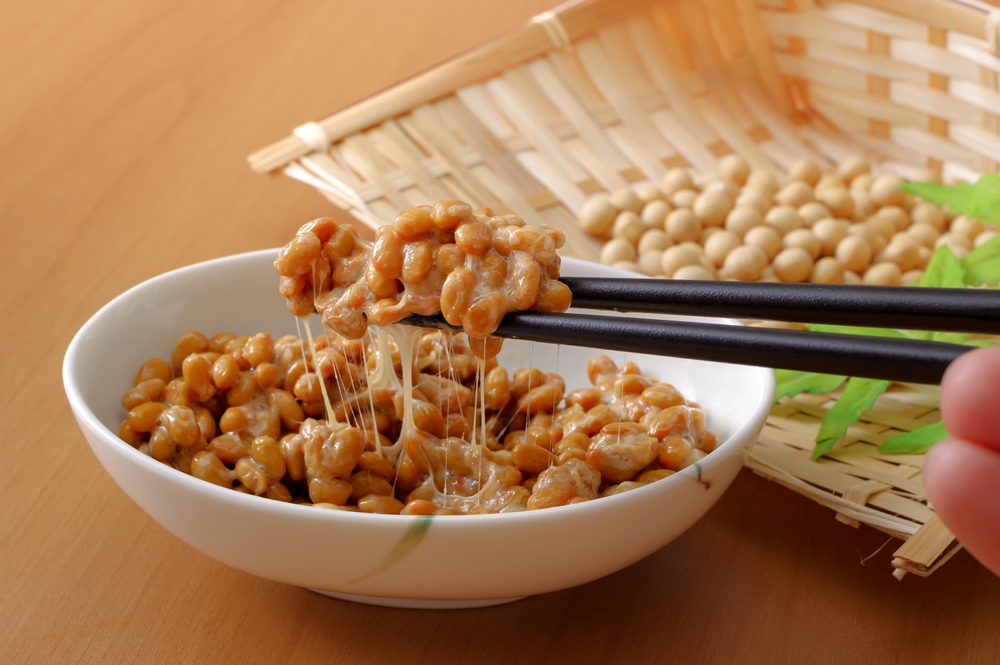
Natto is a traditional Japanese dish made from fermented soybeans and is known for its potent probiotic properties. It contains Bacillus subtilis, a type of bacteria that supports digestion and boosts gut health. Natto is also rich in vitamin K2, which plays a role in bone health and cardiovascular health. Additionally, natto has anti-inflammatory properties that support immune function. Its unique texture and flavor may take some getting used to, but it can be eaten with rice or used in sushi rolls.
Kvass

Kvass is a traditional fermented beverage made from rye bread or beets, common in Eastern Europe. It’s rich in probiotics, which help to improve gut health and support a strong immune system. Kvass is also packed with B vitamins, which are important for energy production and immune defense. The drink has a slightly tangy taste and can be enjoyed on its own or mixed with other juices. Including kvass in your diet can contribute to better digestion and enhanced overall wellness.
Sourdough Bread
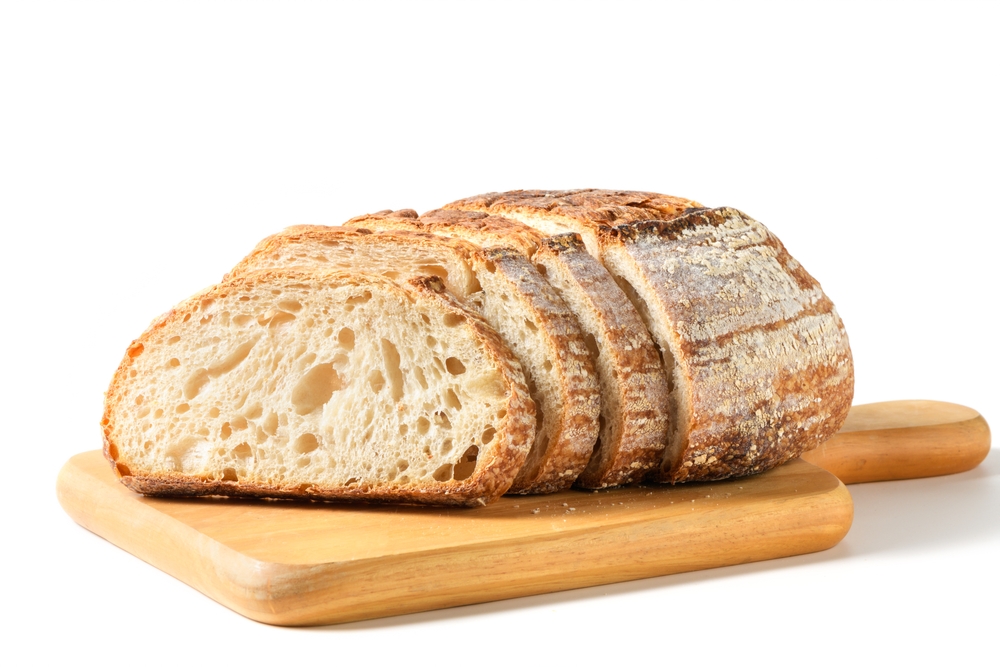
Sourdough bread is made through the natural fermentation of dough using wild yeast and lactic acid bacteria. The fermentation process improves the digestibility of the bread by breaking down gluten and other compounds that can be hard on the stomach. Sourdough also contains beneficial bacteria that support gut health. In addition, it’s a good source of fiber and nutrients like iron and magnesium, which are important for immune function. Opt for traditional sourdough for maximum probiotic benefits.
Lassi
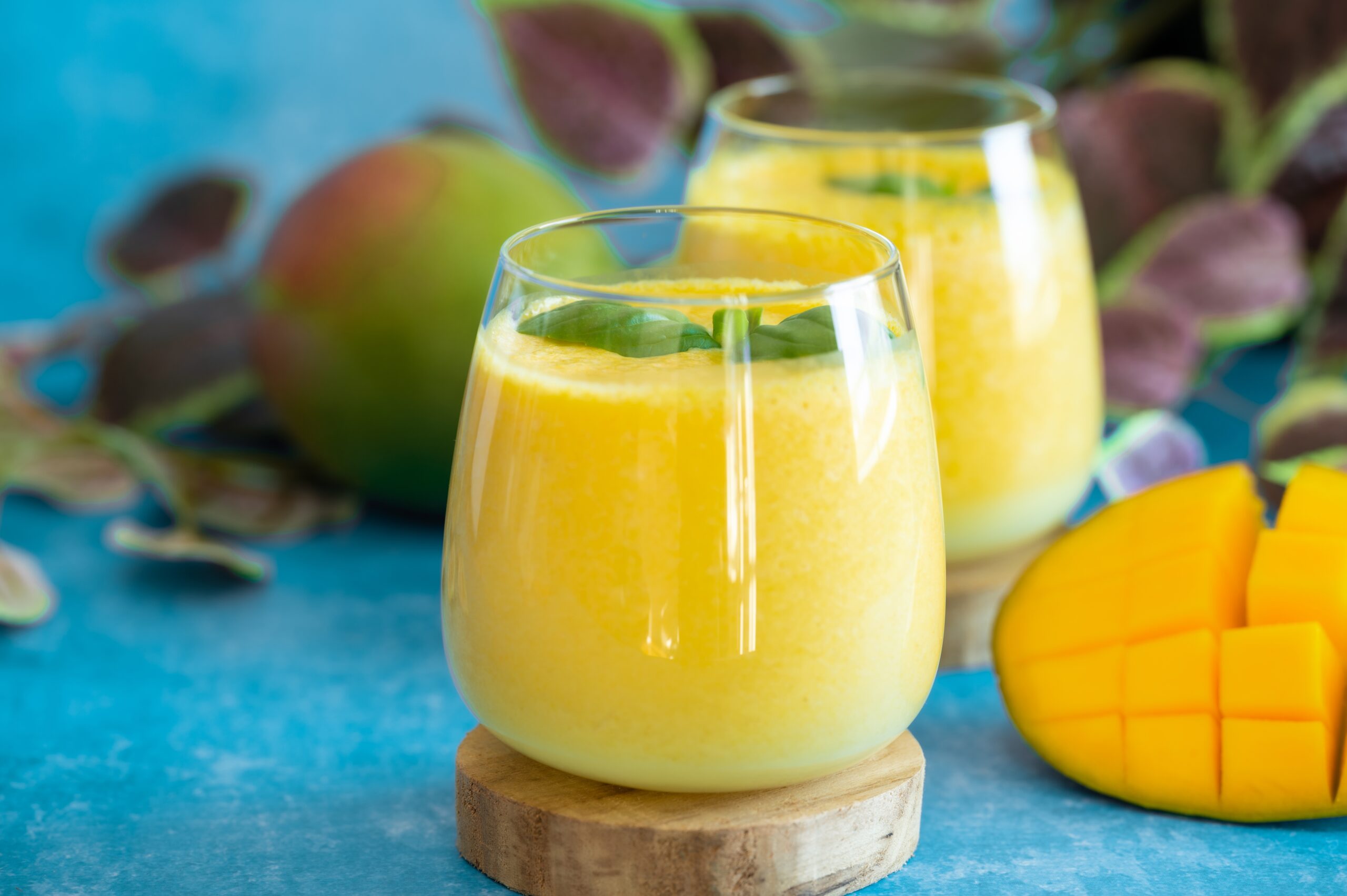
Lassi is a traditional Indian yogurt-based drink, often flavored with spices or fruit. It’s naturally fermented and contains probiotics that promote healthy digestion and boost gut health. Lassi is also rich in calcium and protein, which support bone and immune health. The cooling properties of lassi make it an ideal beverage in warmer climates, helping to hydrate the body while replenishing good bacteria. Enjoy lassi as a refreshing drink with meals or as a snack.
Fermented Carrots
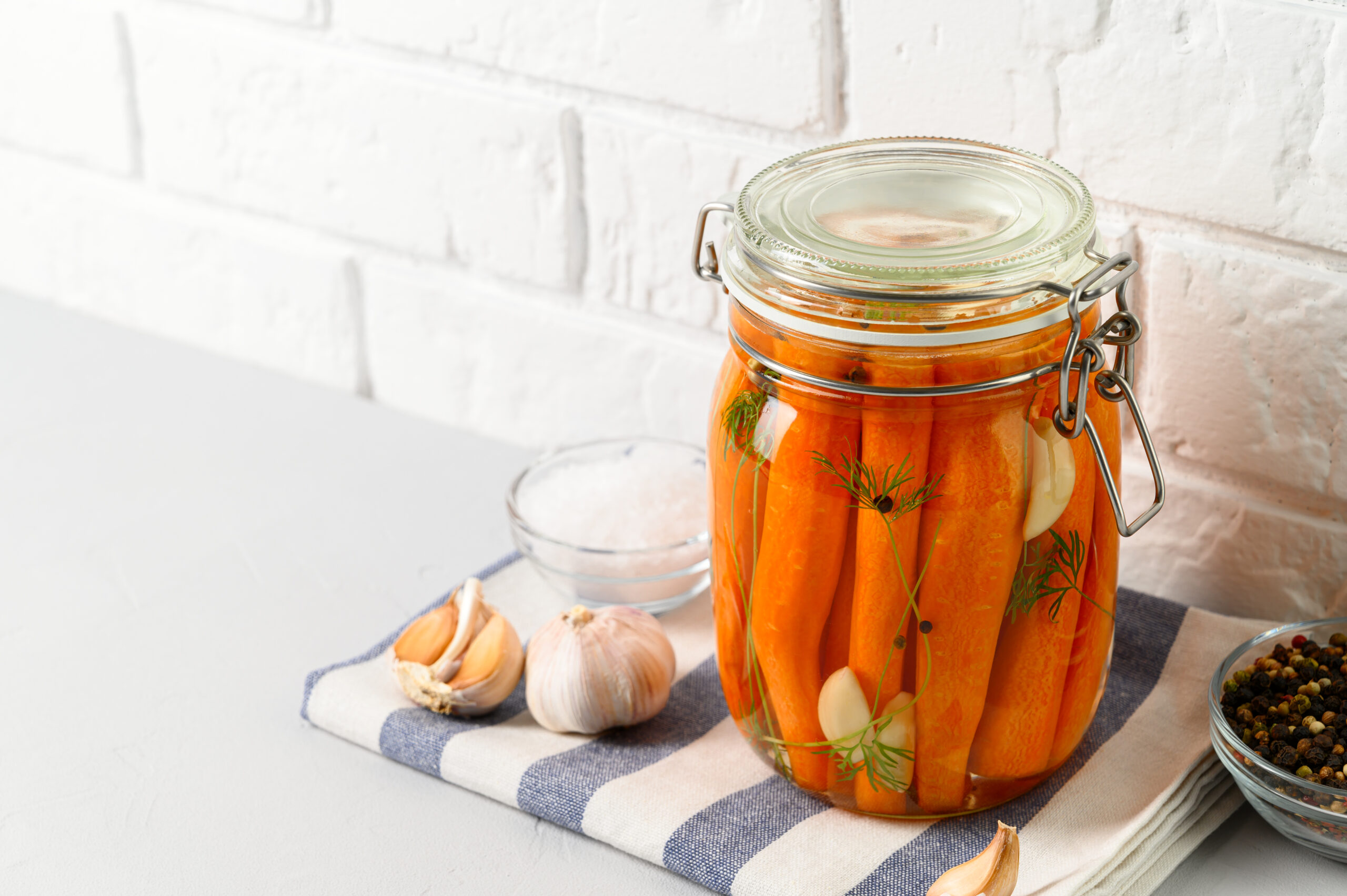
Fermenting carrots enhances their nutrient content while introducing beneficial probiotics. The process preserves the natural fiber and vitamins in carrots, making them great for digestive health. Fermented carrots also contain antioxidants, which help to fight off infections and support the immune system. These carrots have a tangy flavor and can be a crunchy addition to salads, sandwiches, or as a snack on their own. They’re an easy, homemade way to introduce more fermented foods into your diet.
Apple Cider Vinegar (Raw, Unfiltered)
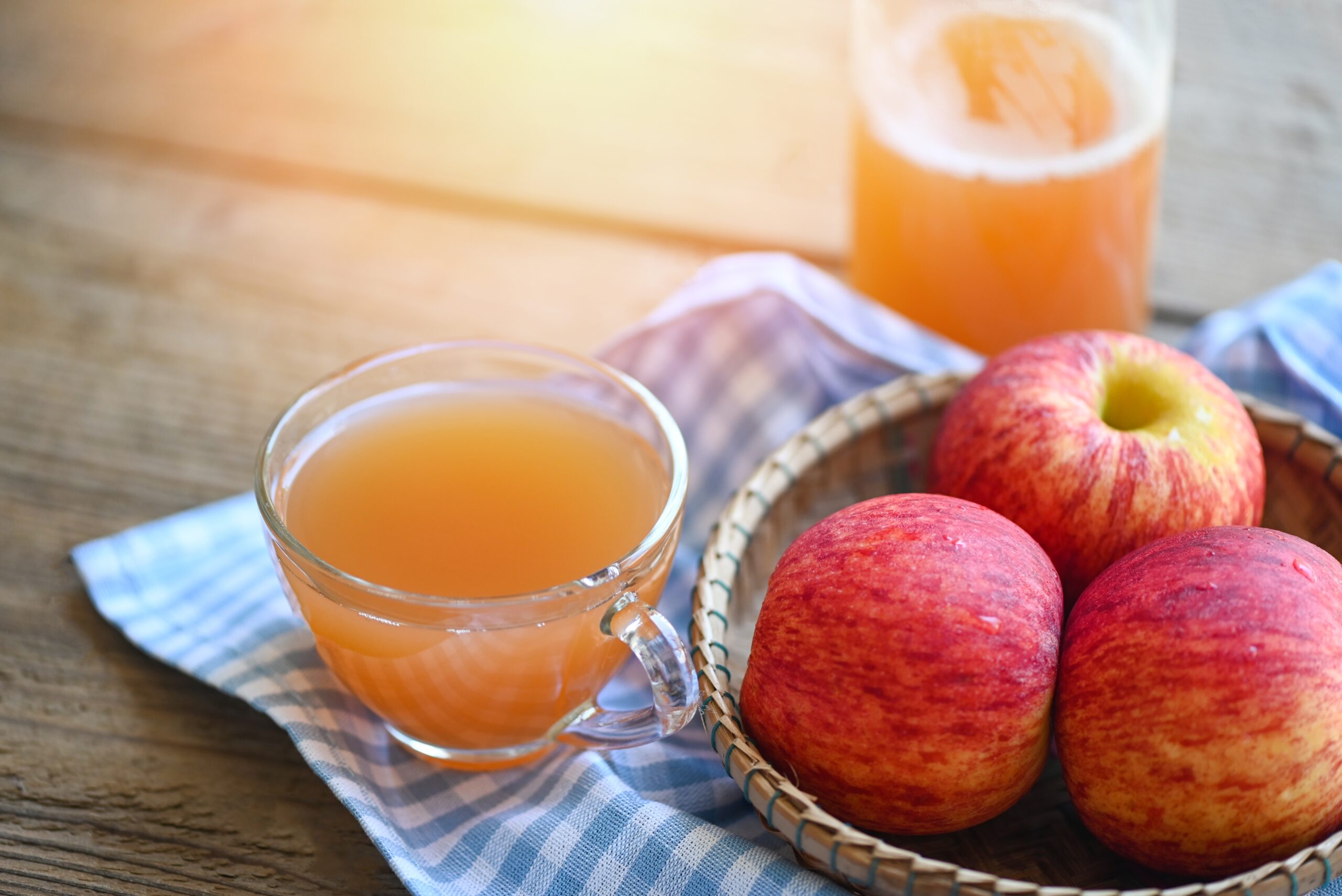
Raw, unfiltered apple cider vinegar is fermented and contains the “mother,” a colony of beneficial bacteria and enzymes. It aids in digestion by increasing stomach acid production and introducing good bacteria to the gut. Apple cider vinegar is also known for its antimicrobial properties, which help to boost the immune system and fight off harmful pathogens. Using it in salad dressings, marinades, or diluted in water can promote gut health and overall immunity.
Fermented Garlic
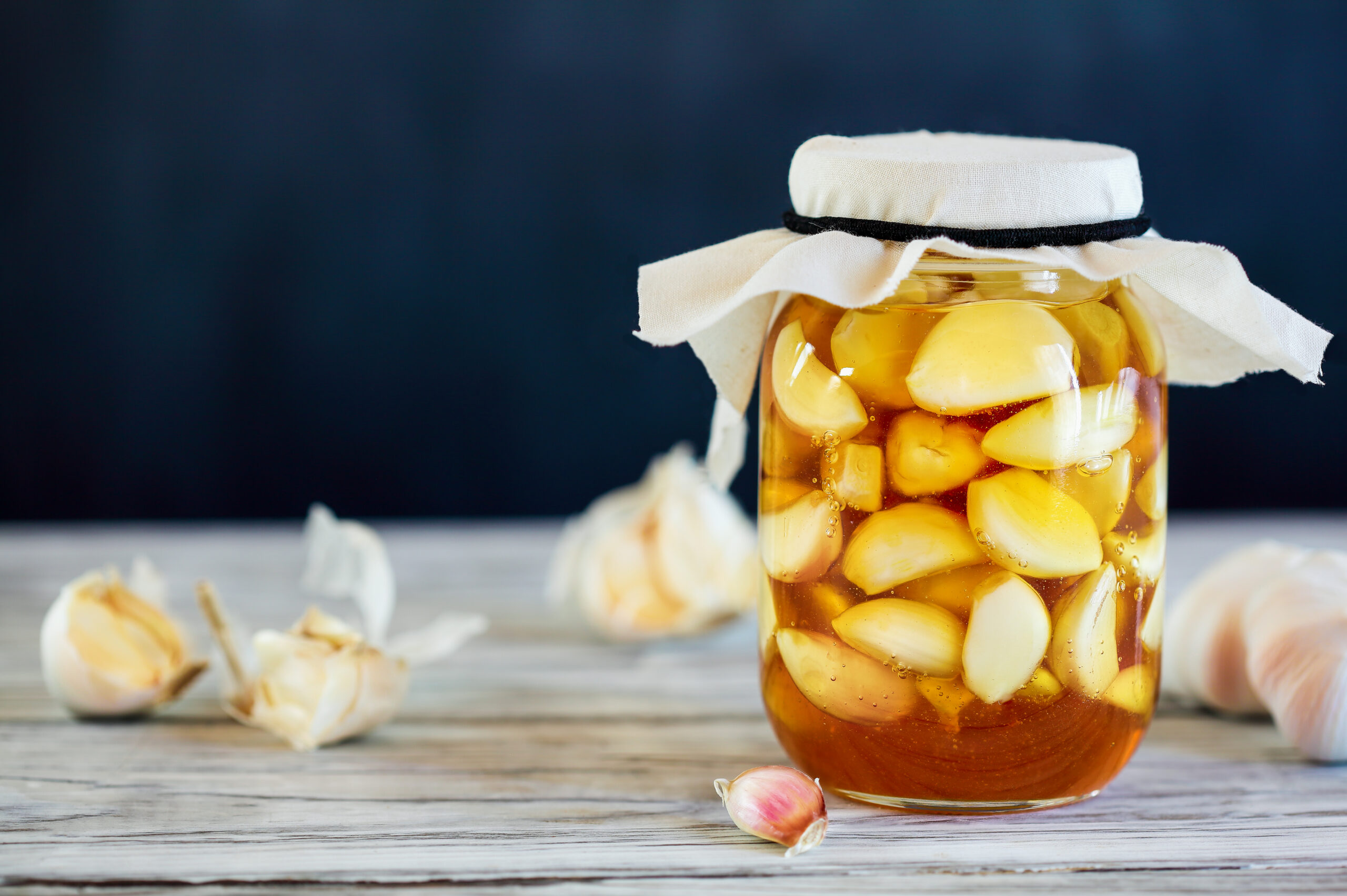
Fermented garlic is not only rich in probiotics but also retains the natural antimicrobial and anti-inflammatory properties of garlic. The fermentation process mellows the strong flavor while boosting its nutrient content. Fermented garlic is particularly beneficial for the gut, helping to balance the microbiome and improve digestion. It also provides a natural immune boost thanks to its high levels of antioxidants.
This article originally appeared on RetailShout.
More From RetailShout
14 Bulk Products That Don’t Deliver on Flavor or Value
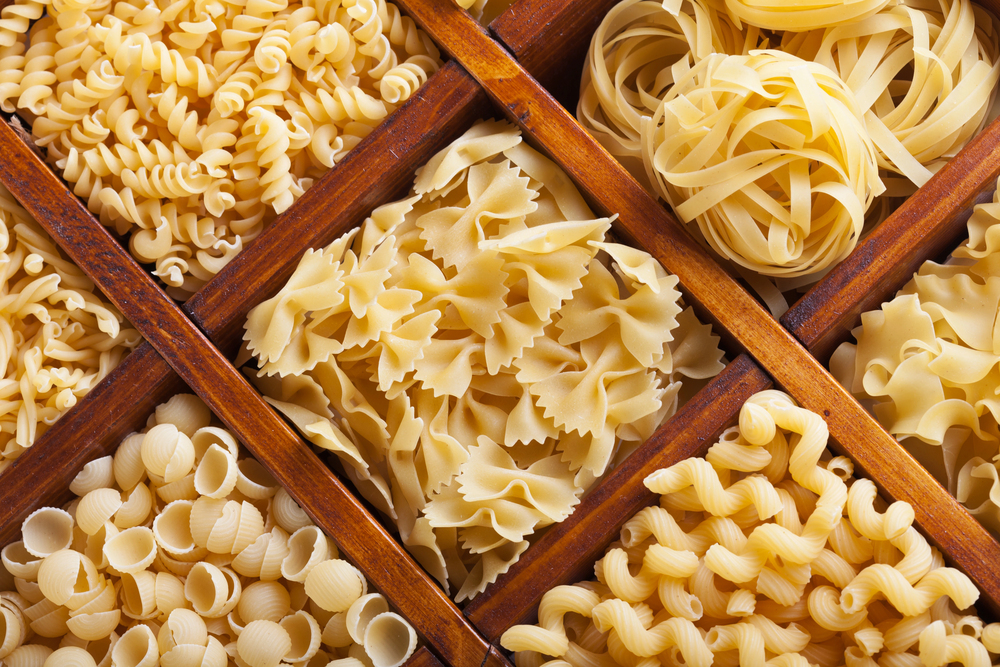
Buying in bulk can seem like a great way to save money, but not every large-sized product is a good deal. While the price tag might look tempting, the flavor or quality of some items just doesn’t hold up. Read More.
14 Creative and Healthy Lunches Your Kids Will Look Forward To

Making sure your kids have healthy lunches is important for their growth and energy throughout the day. Here are 15 great options that are not only nutritious but also delicious and easy to prepare. Read More.
14 Iced Tea Brands That Stand Out from the Rest

Iced tea is a refreshing and delicious drink, perfect for any time of the year. Whether you like it sweet, unsweetened, or flavored, there’s an iced tea brand out there that will suit your taste. Read More.






